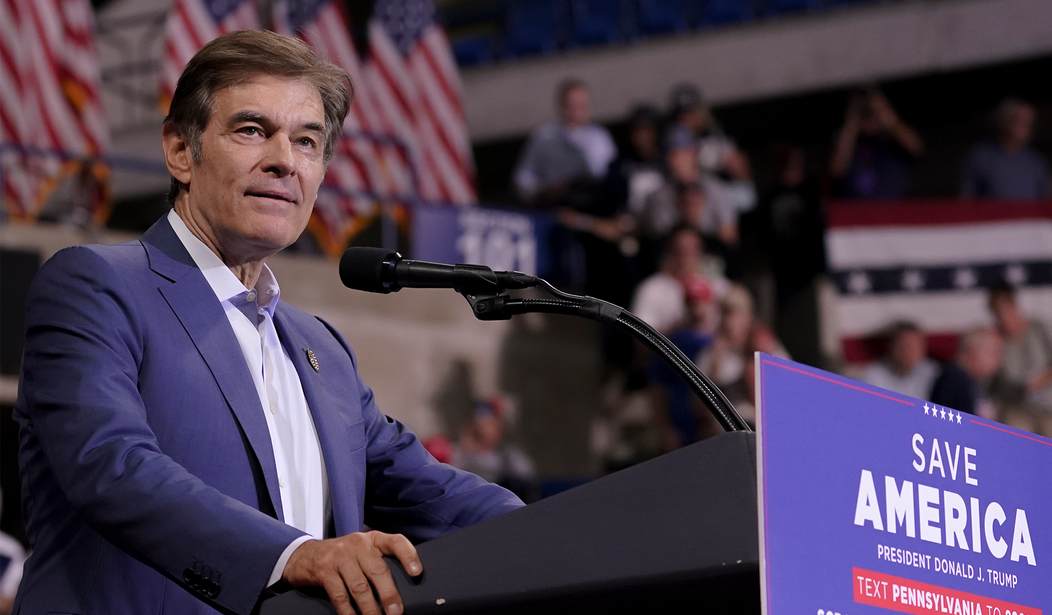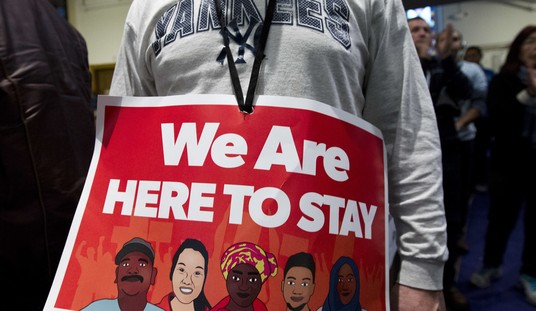Republicans are expected to retake the House with little room for doubt, but it’s well known at this point that the Senate is a different story. There are many factors contributing to this, with perhaps the most obvious being funding, but it’s important to analyze how the role of public persona factors in.
For starters, it’s key to recognize that the Senate is at least superficially intended to be a more prestigious body than the House of Representatives. The terms are longer and someone is required to be at least 30 in order to serve, as opposed to 25 for the House. As there are significantly fewer Senators than Representatives, Americans may be more likely to see their names in headlines or have a distinct opinion of them. When it’s fewer people, and they’re representing a greater area or number of constituents, it naturally equates to greater public scrutiny. It’s often why people who are politically battle-tested, like state leaders or representatives, might pursue a run for the chamber.
By contrast, House races are different and open the door for a wider variety of candidates, including political newcomers and local politicians who want to serve on the national stage without as high of a profile. Obviously, some candidates and congressmen make waves in their own right, but it’s arguably much easier to fly under the radar. House races, unless they’re extremely competitive, rarely drum up national attention. There’s more room for nuance in these races, as there’s a greater opportunity to consider local issues on the campaign trail rather than the nationalization of a Senate race. For example, it’s why you probably have an opinion on John Fetterman and Mehmet Oz and not Democrat Rep. Susan Wild and Republican Lisa Scheller, who are in a competitive House race in Pennsylvania’s Seventh Congressional District. Because unless you’re from Pennsylvania or the surrounding area, you’ve probably never heard of either one. The race makes local headlines, but it’s not national politics.
Republican Senate candidates have a larger firing line, especially against Senate candidates who are good at branding themselves as moderates. Whether or not it’s working, that’s up for interpretation. Both sides are scrutinized by local and national media, and some hopefuls and incumbents have large war chests. Arizona Democrat Sen. Mark Kelly raised $52 million and had $24.78 million on hand as of July, according to Open Secrets. Wisconsin Democrat Mandela Barnes, who is running against incumbent Republican Sen. Ron Johnson, just announced that he raised $20.1 million in the third quarter for campaign finance, The Associated Press reported.
Democrats know they’ll scrap the filibuster if they gain in the Senate, which opens the door to get agenda items for their party and the Biden administration. While they’re still fighting to hold down the House, the Senate is where the real fight seems to be at in the eleventh hour of the midterms. Republicans, both campaigns and outside groups, know that they need to keep pumping money and grassroots efforts into these races to get them over the edge. These races are boiling down to the personalities and public perceptions of candidates, particularly if they were non-political celebrities beforehand like Oz or Georgia Republican Herschel Walker. Republicans need to work extra hard to make the case that flipping the Senate will bring needed change to the country, and Democrats will shift their messaging toward the right if they want to have a shot at expansion.













